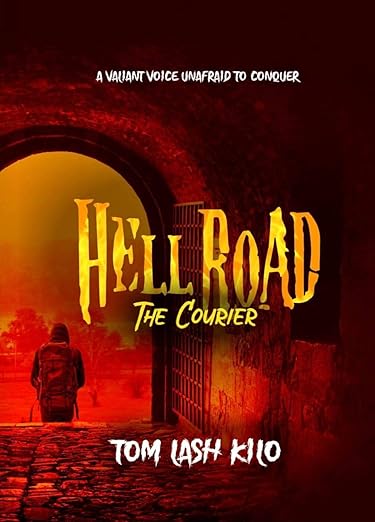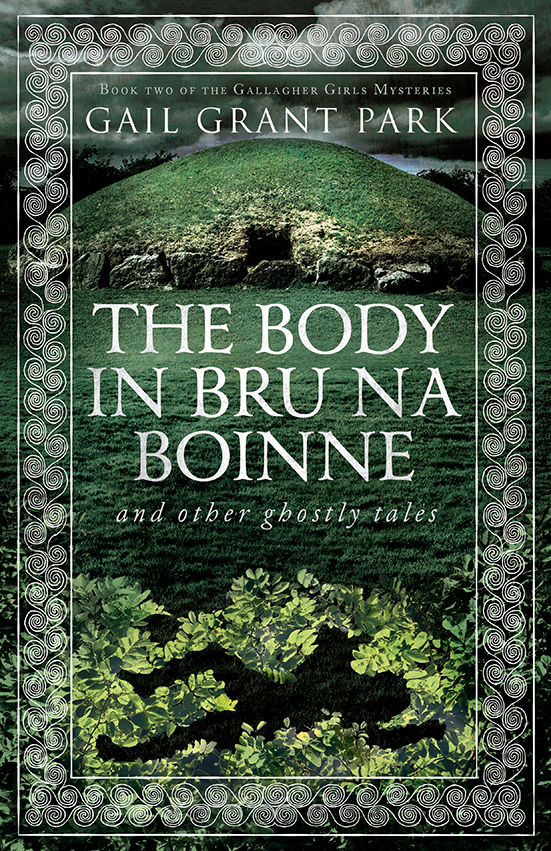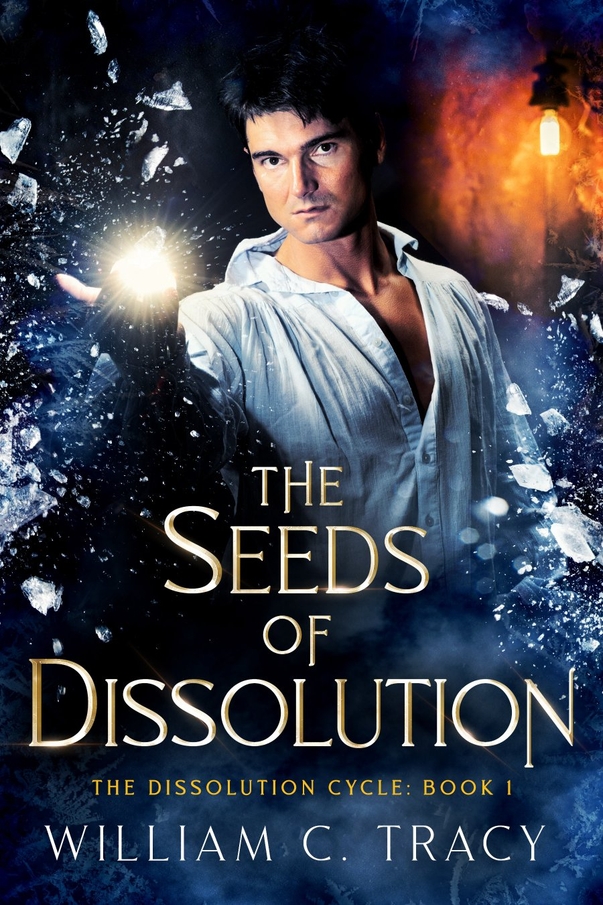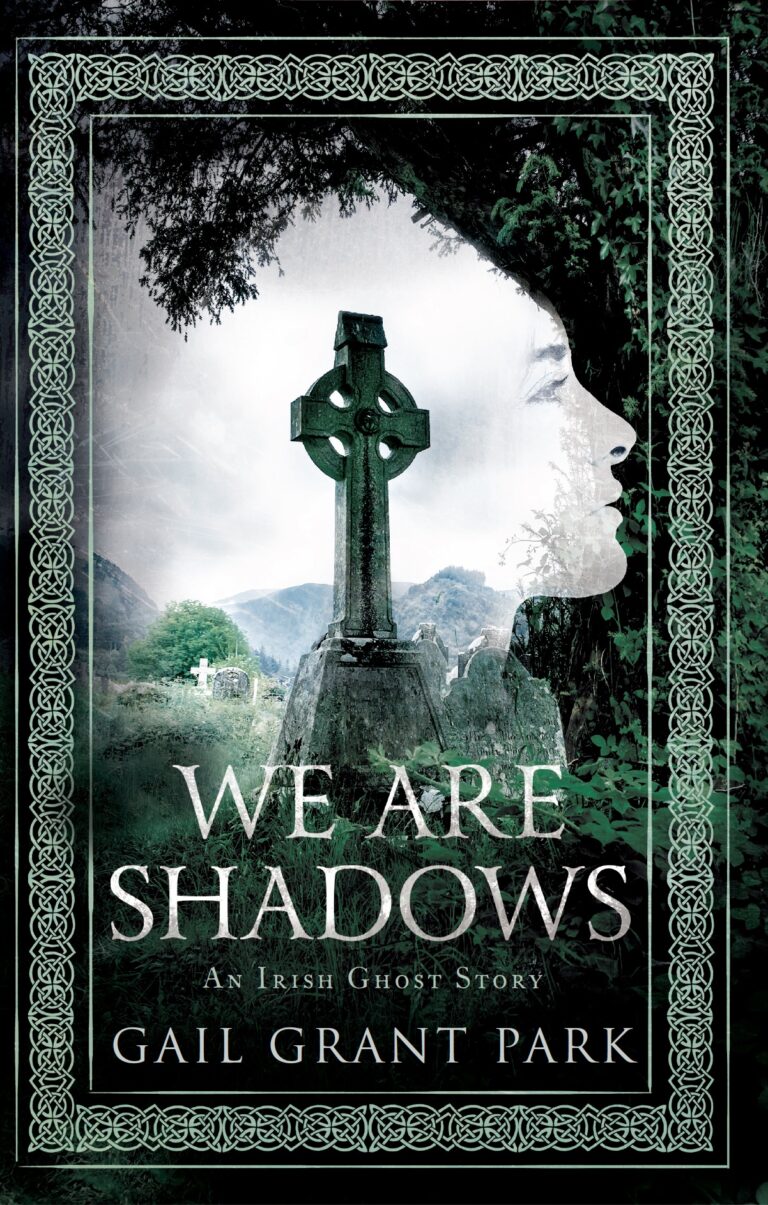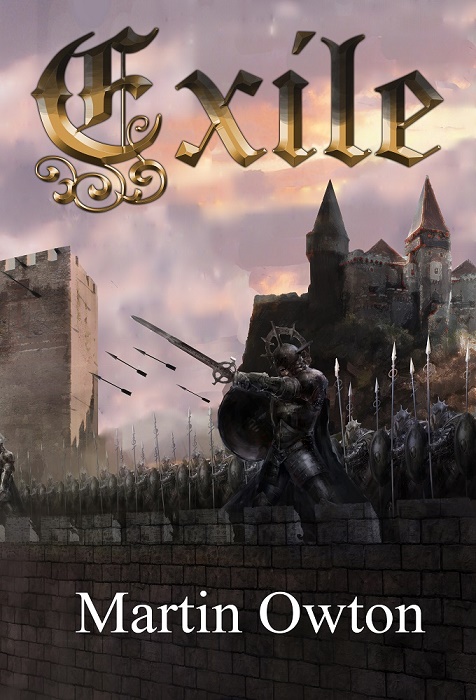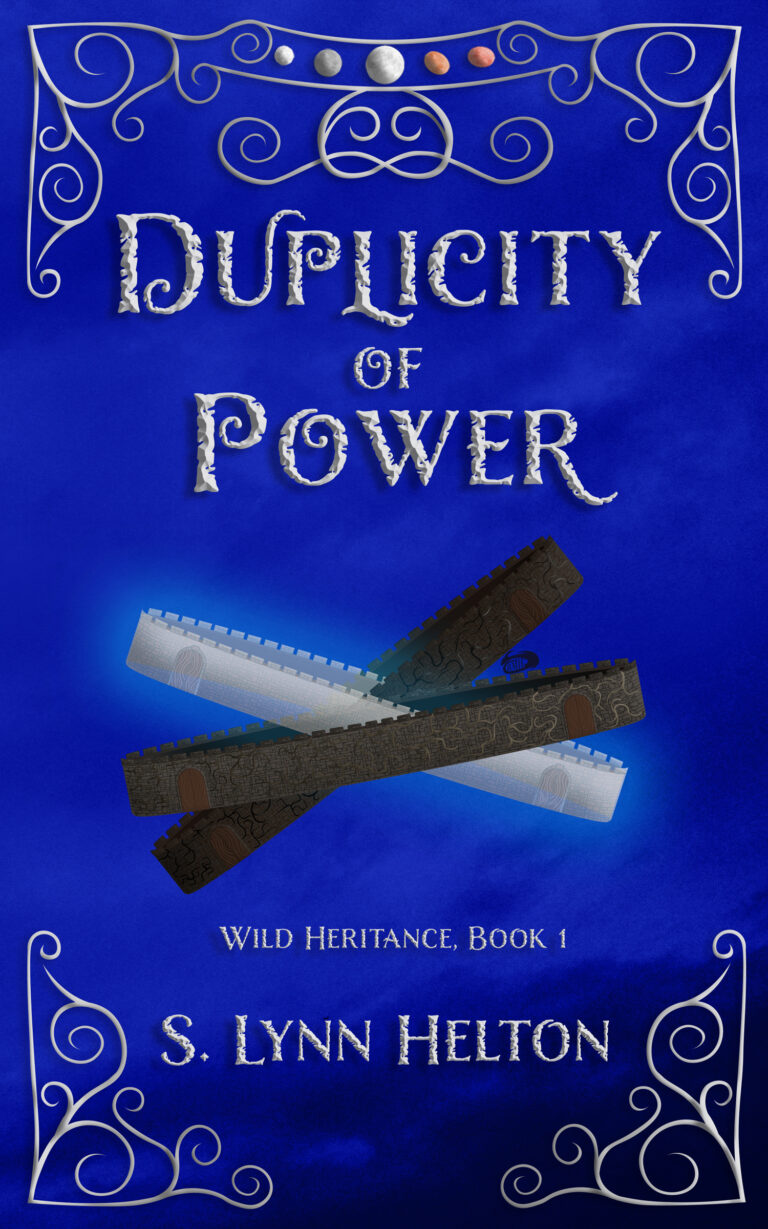Literature encompasses a vast range of genres and subgenres, each distinguished by its unique defining characteristics and conventions. Here’s an overview of some noteworthy literary categories:
Fiction: Within this expansive realm of storytelling, authors enjoy the freedom to construct imaginative narratives featuring a plethora of diverse characters, settings, and plots:
- Novel: These lengthy narratives delve deep into the intricacies of characters and storylines.
- Historical Novel: Set against the backdrop of historical events, these tales seamlessly blend imagination with real-world contexts.
- Romance Novel: Centralized around the development of romantic relationships as a primary theme.
- Mystery Novel: Inviting readers to unravel enigmatic puzzles or engage in solving crimes.
- Short Story: Concise narratives that sharply focus on singular ideas or characters.
- Science Fiction: Explores speculative concepts and futuristic scenarios.
- Fantasy: Incorporates magical or supernatural elements into the narrative.
- Horror: Provokes fear and suspense through chilling storytelling.
- Dystopian Fiction: Presents bleak and oppressive visions of future societies.
- Adventure Fiction: Packed with action and excitement.
- Psychological Fiction: Offers deep insight into the inner workings of characters’ minds and emotions.
Non-Fiction: Rooted in reality, this genre aims to inform and educate readers through factual accounts and real-life experiences:
- Biography: Detailed accounts of the lives of real individuals.
- Autobiography: Personal narratives recounting the author’s own life experiences.
- Essay: Thoughtful explorations of specific topics or ideas.
- Memoir: Reflective narratives based on personal experiences and memories.
- Travel Writing: Descriptive accounts of journeys and experiences in various locations.
- Self-Help: Offers guidance and advice for personal growth and development.
- Science Writing: Explores scientific concepts and discoveries for a general audience.
Poetry: A diverse form of literary expression encompassing various styles, forms, and themes:
- Lyric Poetry: Expresses personal emotions and reflections.
- Epic Poetry: Narrates lengthy tales of heroic exploits.
- Sonnet: A structured 14-line poem following specific rhyme and meter patterns.
- Haiku: Traditional Japanese poems characterized by a 5-7-5 syllable structure.
- Free Verse Poetry: Embraces freedom from fixed rhyme or meter.
Drama: Through the actions and dialogues of characters, drama portrays events and conflicts, often intended for performance:
- Tragedy: Explores themes of suffering and often concludes with catastrophic outcomes.
- Comedy: Focuses on humor and typically concludes with light-hearted resolutions.
- Dramatic Monologue: Features an extended speech by a single character.
- Musical Theater: Integrates dialogue, music, and dance into performance.
Mystery/Crime: Centered around suspenseful investigations and quests for justice:
- Detective Fiction: Involves sleuths solving mysteries through deductive reasoning.
- Legal Thriller: Features legal cases and courtroom drama.
- Cozy Mystery: Set in intimate communities with amateur detectives.
- Noir Fiction: Known for its gritty and pessimistic atmosphere.
Romance: Explores themes of love and emotional relationships:
- Historical Romance: Set in specific historical periods.
- Contemporary Romance: Takes place in modern times.
- Paranormal Romance: Incorporates supernatural elements into romantic narratives.
Science Fiction and Fantasy: Transport readers to imaginative and speculative worlds:
- Space Opera: Epic adventures set in outer space.
- High Fantasy: Features elaborate and fantastical realms.
- Urban Fantasy: Introduces magical elements into contemporary, urban settings.
Children’s and Young Adult (YA): Tailored for younger audiences, these genres cater to various age groups and developmental stages:
- Picture Book: Illustrated stories designed for young children.
- Middle Grade: Geared towards preteens.
- Young Adult (YA): Addresses the concerns and interests of teenagers and young adults.
Classic Literature: Timeless works esteemed for their enduring literary qualities:
- Satire: Utilizes humor and irony to critique societal norms and behaviors.
Literature remains a dynamic field, with writers often blending genres to create innovative forms that challenge traditional classifications.
What are your favorite and least favorite genres to write or read? What factors contribute to your preferences? Follow our social media accounts on Facebook and Instagram for more information and opportunities to engage and share more about your perspectives!


